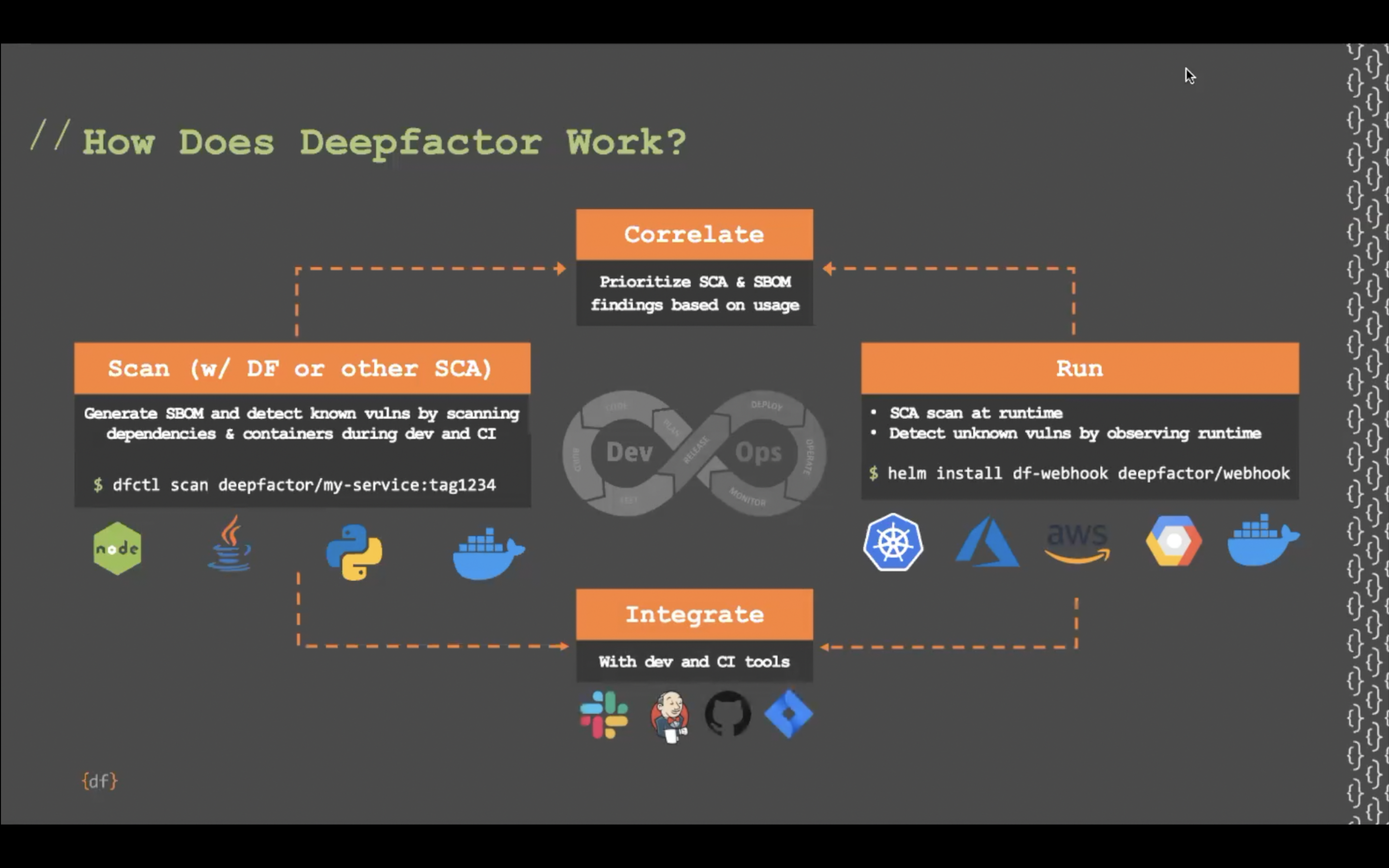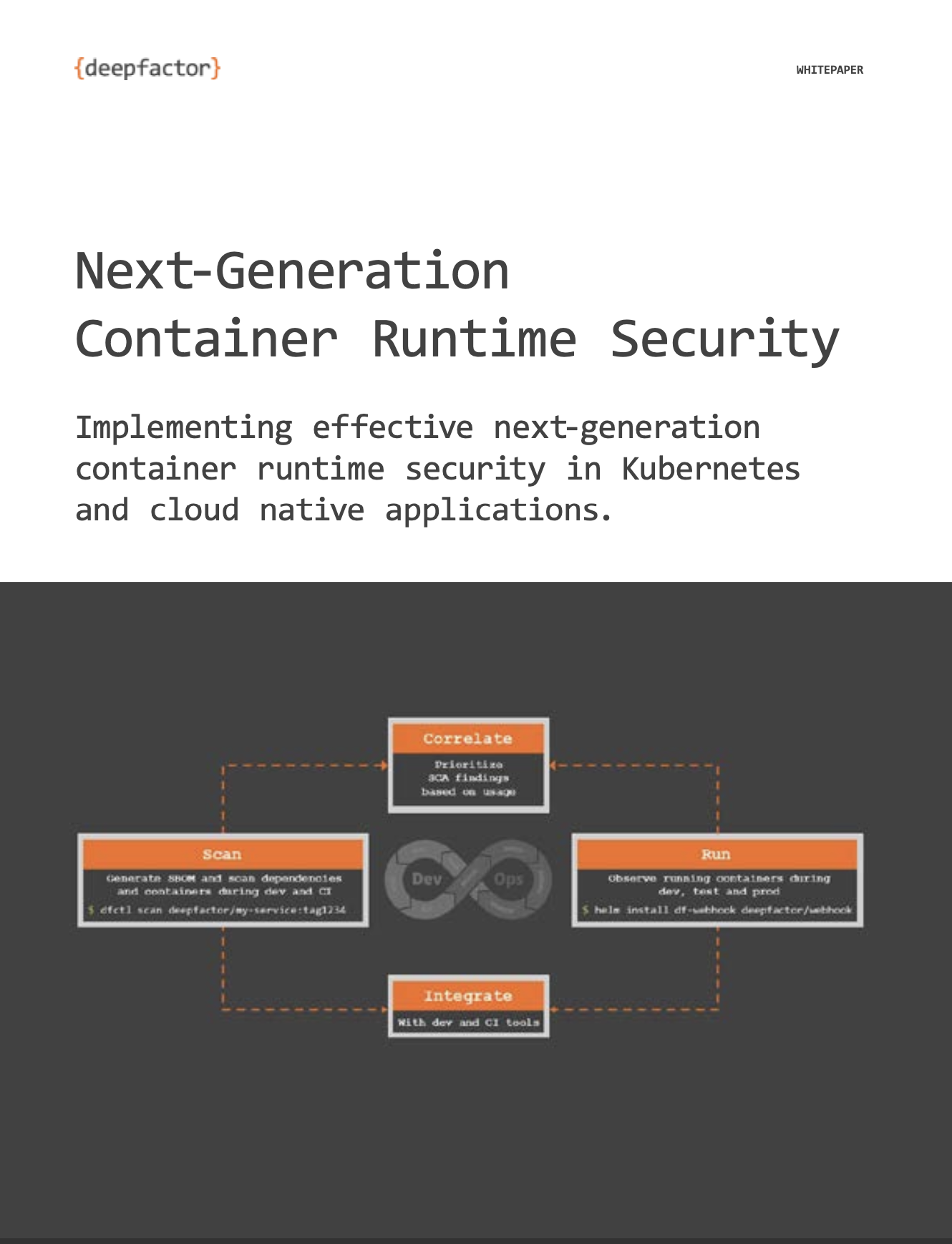
Guest speaker:
Teja Myneedu, Director—Product Security, Engineering & Research, Navan (formerly TripActions): Teja Myneedu is Director—Product Security, Engineering & Research, Navan. Previously, Teja led the product security team at Splunk and created the Tooling and Automation function. He has over 12 years of experience leading product security and cloud/infrastructure security at various tech and non-tech companies both large and small. Teja started his career on the offensive side and transitioned to security engineering, helping software development teams build secure software. He is passionate about mentoring and helping people grow in their security careers and co-founded the Security Mentor Club. Teja also advises security and tech startups.


